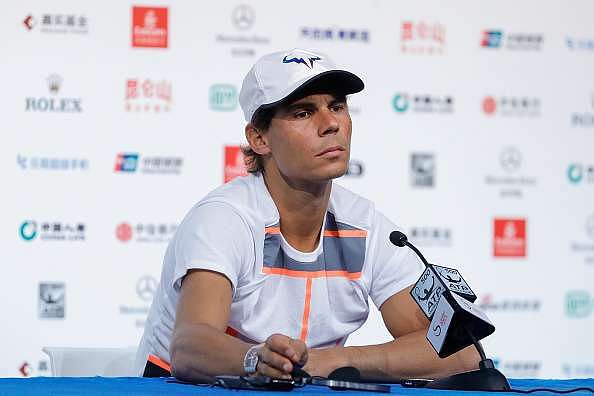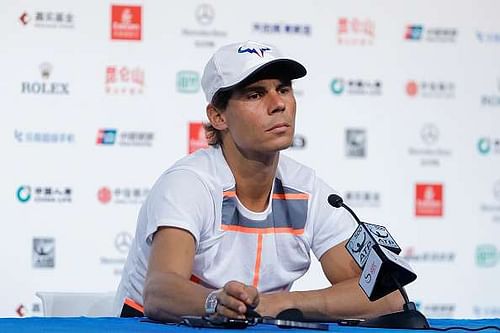
New format proposed for women's tennis; Rafael Nadal unhappy with suggested changes
Last week,Steve Simon, the CEO of the Women’s Tennis Association or WTA, said that ‘serious changes’ were being proposed to the women’s game. Among these changes was no-Ad scoring and a super-tiebreaker to replace tiebreaks entirely.
The change, which would provisionally affect all women's singles matches, is aimed, Simon says, at making the game ‘shorter and more TV-friendly.”
These rules are already in effect in doubles scoring that is not on the Grand Slam circuit; doubles matches, if levelled at one set all, are decided by a 10-point tiebreaker (the super tiebreaker). They also follow no-Ad scoring, which means that if teams are level at 40 points all, the immediate next point will decide the set, rather than the deuce and advantage system that is used in the singles.
According to Simon, who was previously the tournament director at Indian Wells, three hours was “too long” for spectators to follow; this sort change to scoring also would make redundant long rallies and perhaps otherwise closely-played matches – key, for example, the recently played match between World No. 1 Angelique Kerber and Petra Kvitova at the Wuhan Open – one that saw the pair go on a 41-shot rally.
Read more: Kerber and Kvitova engaged in epic 41-shot rally; Kerber loses
Simon also proposed demarcating the sport into two categories – ‘Premium’ and ‘Pathway’, saying the association had planned to “divide tournaments according to players’ ranks.” "I would like to end up where you have a division in which you know that the best players that are available to play that week are playing in that event,” he was quoted as saying.
That, the association claims, would reduce the load on players in the packed Asian leg of the tournaments, with multiple tournaments in China and Japan en route to the prestigious year-ending tour finals in Singapore; many players who have not qualified rely on the Asia WTA leg to earn the points that will ensure them a berth in Singapore.
Among the players who are unhappy with the changes is former World No. 1 Rafael Nadal. The Spaniard, who has long been a traditionalist, said that the proposed changes would “put the values of the sport at risk.”
“The kind of matches that stay on in the memory and on the history of our sport are the longer matches; those dramatic matches are emotional to watch”, he told reporters in Beijing ahead of the China Open, which is currently underway in the capital.
The changes, which have already been proposed, should come into effect anywhere between 2018 to 2020, say insiders.
